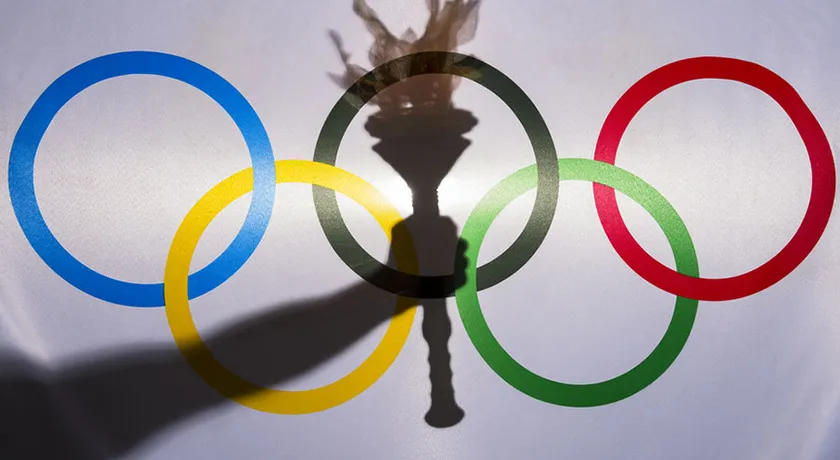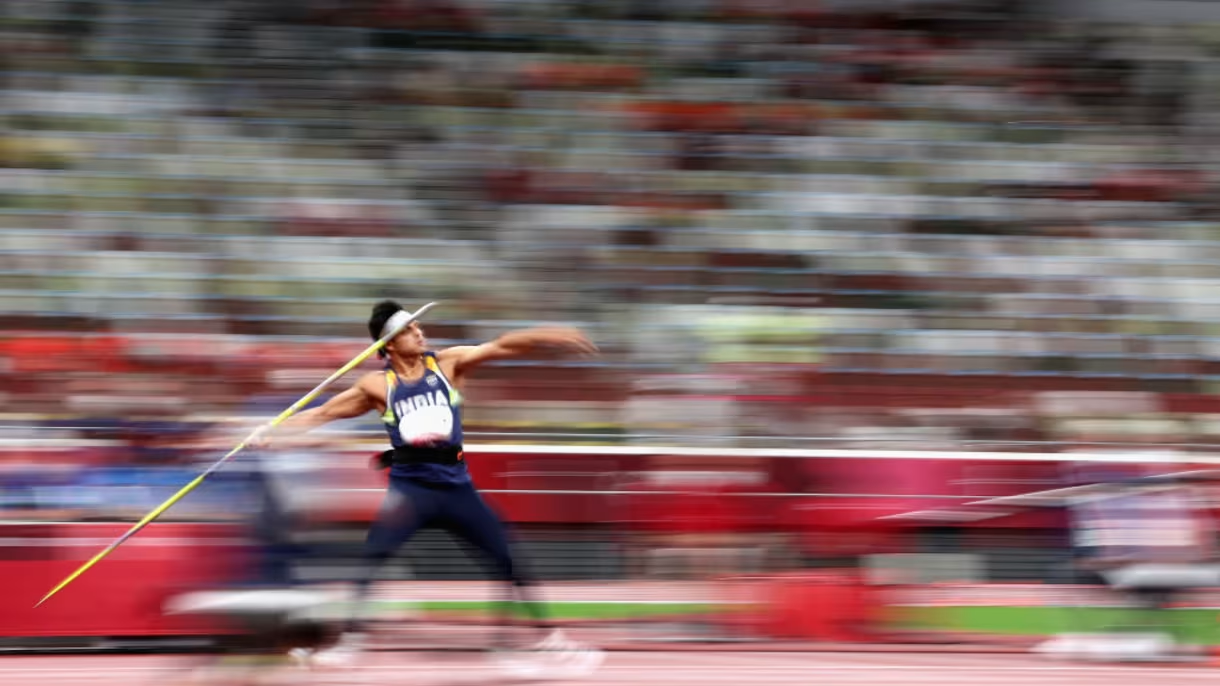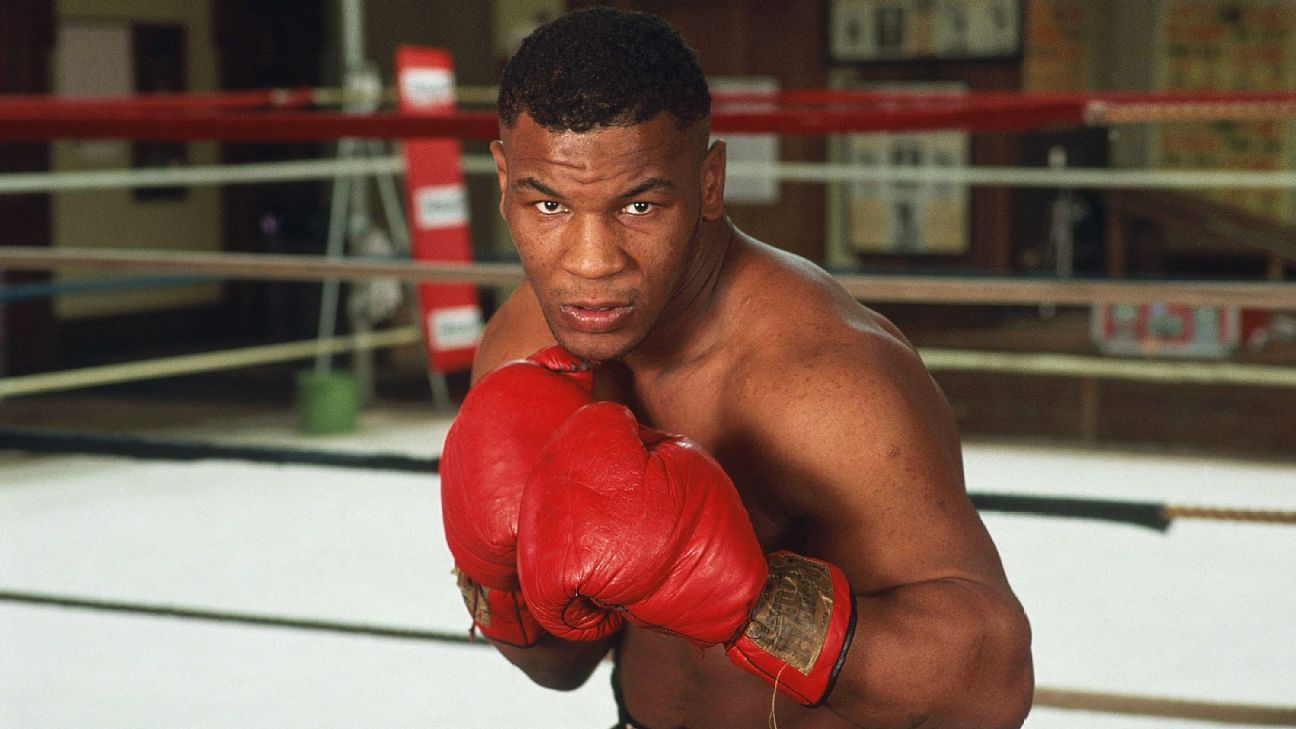amicitaacademy.com – The Olympics is one of the world’s most prestigious events, held every four years and bringing together the world’s top athletes to compete in a wide variety of sports. Known for promoting unity, peace, and sportsmanship, the Olympics celebrate athletic skill, human perseverance, and the power of global connection. With summer and winter events, the Olympics captivate millions of people around the world.
1. Origins of the Olympics
The Olympics began in ancient Greece in 776 BCE as a festival in Olympia dedicated to the god Zeus. Events included running, wrestling, and chariot races. The Games were later banned in 393 CE under the Roman Empire, remaining dormant for over a thousand years until Frenchman Pierre de Coubertin revived them in 1896. This marked the start of the modern Olympics with the formation of the International Olympic Committee (IOC).
The first modern Olympics took place in Athens, Greece, with athletes from 14 countries competing. Today, the Games have grown into a global celebration, with nearly every nation represented across dozens of sports.
2. Olympic Symbols and Ideals
The Olympics promote peace, respect, and unity among nations. The five-ring symbol represents the five inhabited continents—Africa, the Americas, Asia, Europe, and Oceania—showing the global reach of the Games. The Olympic flame, first lit in Olympia, symbolizes purity and travels to the host city, connecting the ancient and modern Olympics.
The Olympic motto, “Citius, Altius, Fortius” (“Faster, Higher, Stronger”) was recently expanded to include “Together,” emphasizing humanity’s shared strength and unity.
3. Summer and Winter Olympics
The Olympics are divided into Summer and Winter Games, each held every four years but on alternating schedules, meaning an Olympics is held every two years.
- Summer Olympics: The Summer Games feature events like track and field, swimming, gymnastics, and basketball. They are the larger of the two, attracting thousands of athletes and millions of viewers worldwide.
- Winter Olympics: Held in colder regions, the Winter Games include sports like skiing, snowboarding, and ice hockey. Though smaller in scale, the Winter Olympics are known for showcasing unique skills and athleticism suited to colder climates.
The Paralympics, introduced in 1960, run alongside the Summer and Winter Olympics, giving athletes with disabilities a platform to compete at the highest level.
4. Iconic Moments in Olympic History
The Olympics have produced unforgettable moments that demonstrate resilience, courage, and the spirit of unity:
- Berlin 1936: African-American athlete Jesse Owens won four gold medals, challenging Nazi ideas of racial superiority.
- Mexico City 1968: Athletes Tommie Smith and John Carlos raised their fists in a Black Power salute, advocating for racial equality.
- Munich 1972: The tragic Munich massacre led to increased security measures for future Games.
- Barcelona 1992: Known as the first Games post-Cold War, with all nations competing together.
- Tokyo 2021: Delayed due to COVID-19, Tokyo’s Games were held without spectators, showcasing the resilience of athletes and organizers.
5. Hosting the Olympics
Hosting the Olympics brings global attention and economic opportunity to a city, but it also requires significant investments in infrastructure, stadiums, and security. While some cities benefit from tourism and development, others face financial challenges after the Games. Today, the IOC encourages sustainable practices, like using existing venues, to reduce environmental and financial impact.
6. Legendary Olympic Athletes
The Olympics have made global icons of many athletes, known for their incredible achievements and inspiring stories:
- Michael Phelps: The American swimmer holds the record with 28 Olympic medals, including 23 golds.
- Usain Bolt: The Jamaican sprinter earned the title of “fastest man alive” with his eight gold medals.
- Simone Biles: The American gymnast is celebrated for her skill and bravery, bringing mental health to the forefront of sports conversations.
- Larisa Latynina: The Soviet gymnast set a record with 18 medals, holding the most medals until surpassed by Phelps.
- Nadia Comaneci: The Romanian gymnast scored the first perfect 10 in Olympic history, revolutionizing gymnastics standards.
7. The Future of the Olympics
The Olympics continue to evolve, adding new sports like skateboarding, surfing, and climbing to appeal to younger audiences. The IOC is also working toward gender equality, aiming for equal male and female athlete representation. Host cities like Paris (2024), Los Angeles (2028), and Brisbane (2032) are committed to sustainability, ensuring the Olympics remain a global celebration for future generations.
Conclusion
The Olympics are more than a sporting event—they’re a celebration of unity, resilience, and the human spirit. From their roots in ancient Greece to their modern global reach, the Olympics inspire athletes and audiences worldwide, transcending borders, cultures, and ideologies. As the Games continue to grow, they remind us of shared values of perseverance, respect, and the joy of competition that connect us all.






